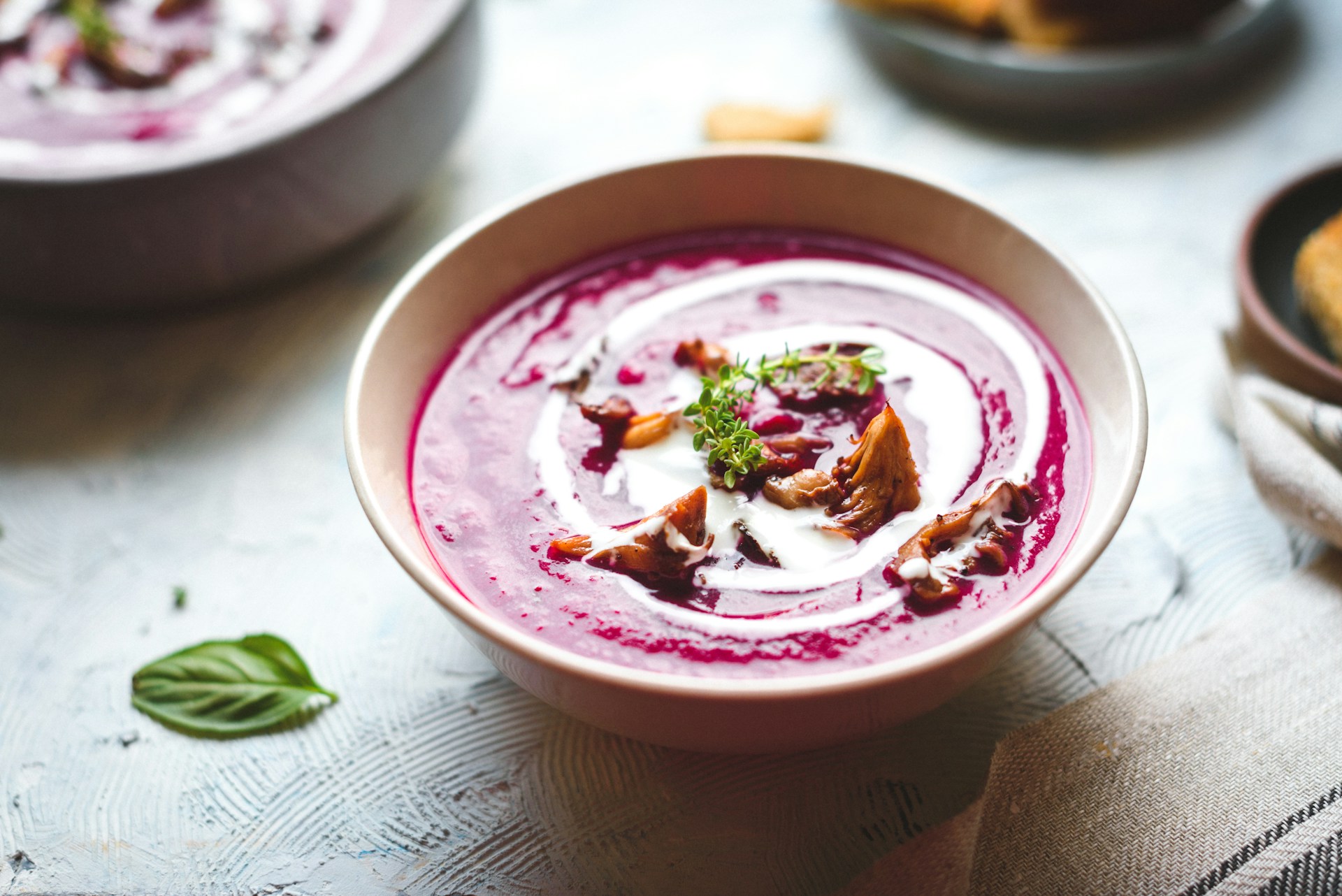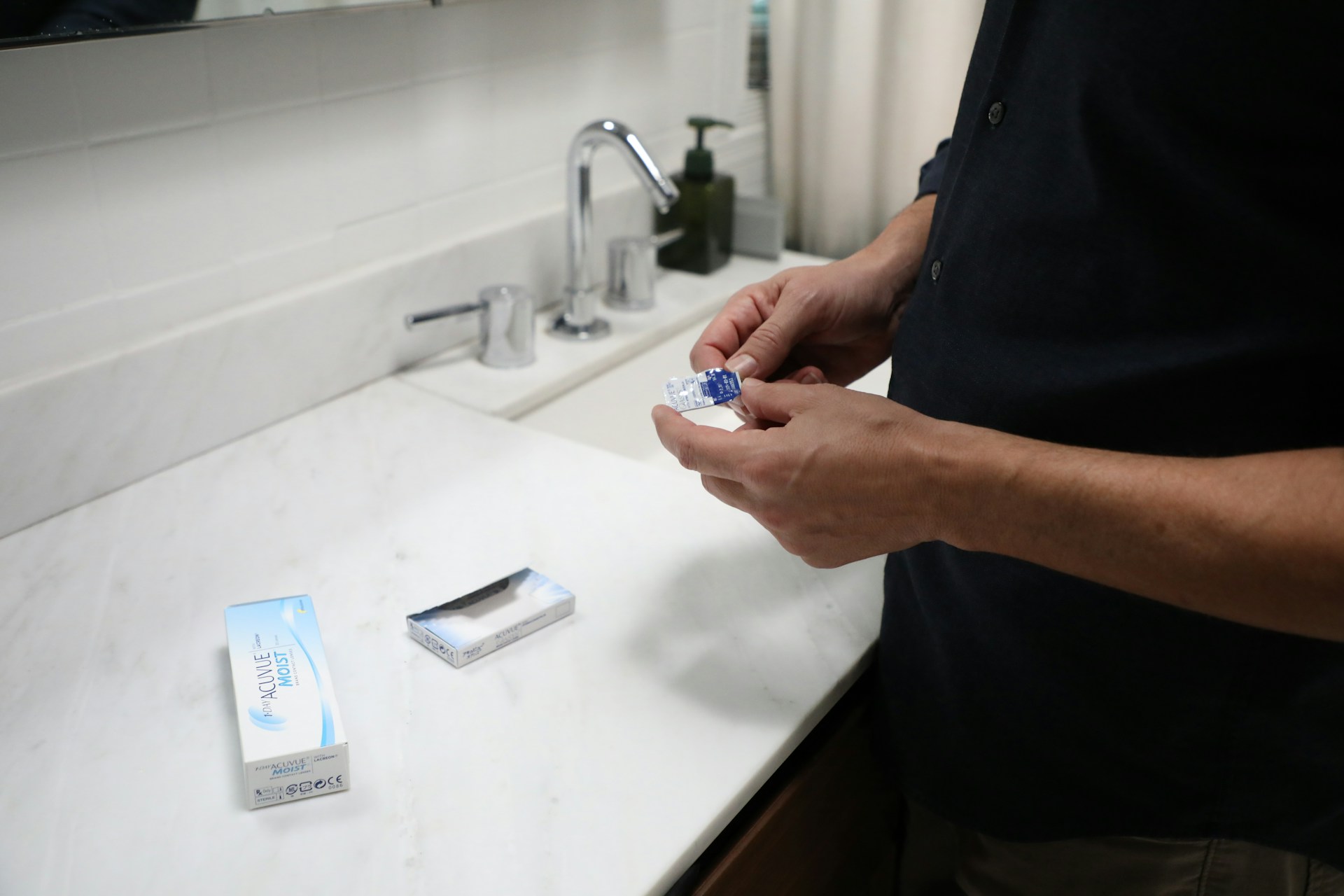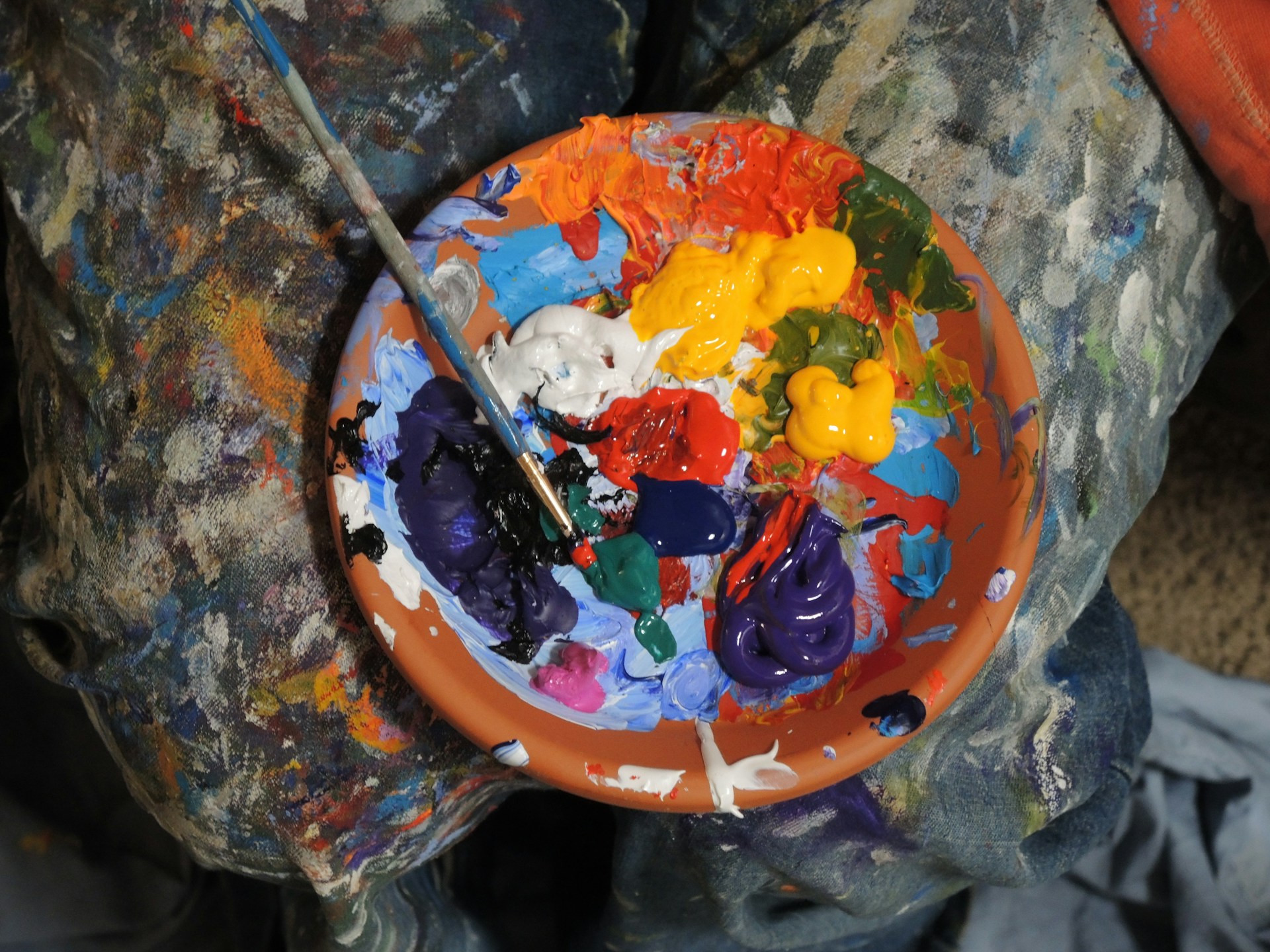Toilets can handle a lot of debris, often tricking the everyday homeowner into thinking facial tissues or the odd piece of gum won’t do any harm. Guess again! Plenty of items can clog toilets or impact water supplies, so let’s dive into a couple of them.
1. Paper Towels
On the surface, it seems like paper towels are perfectly safe in the toilet—but think again. They’re way more absorbent than toilet paper, which means they don’t dissolve as fast, and flushing them can clog your pipes.
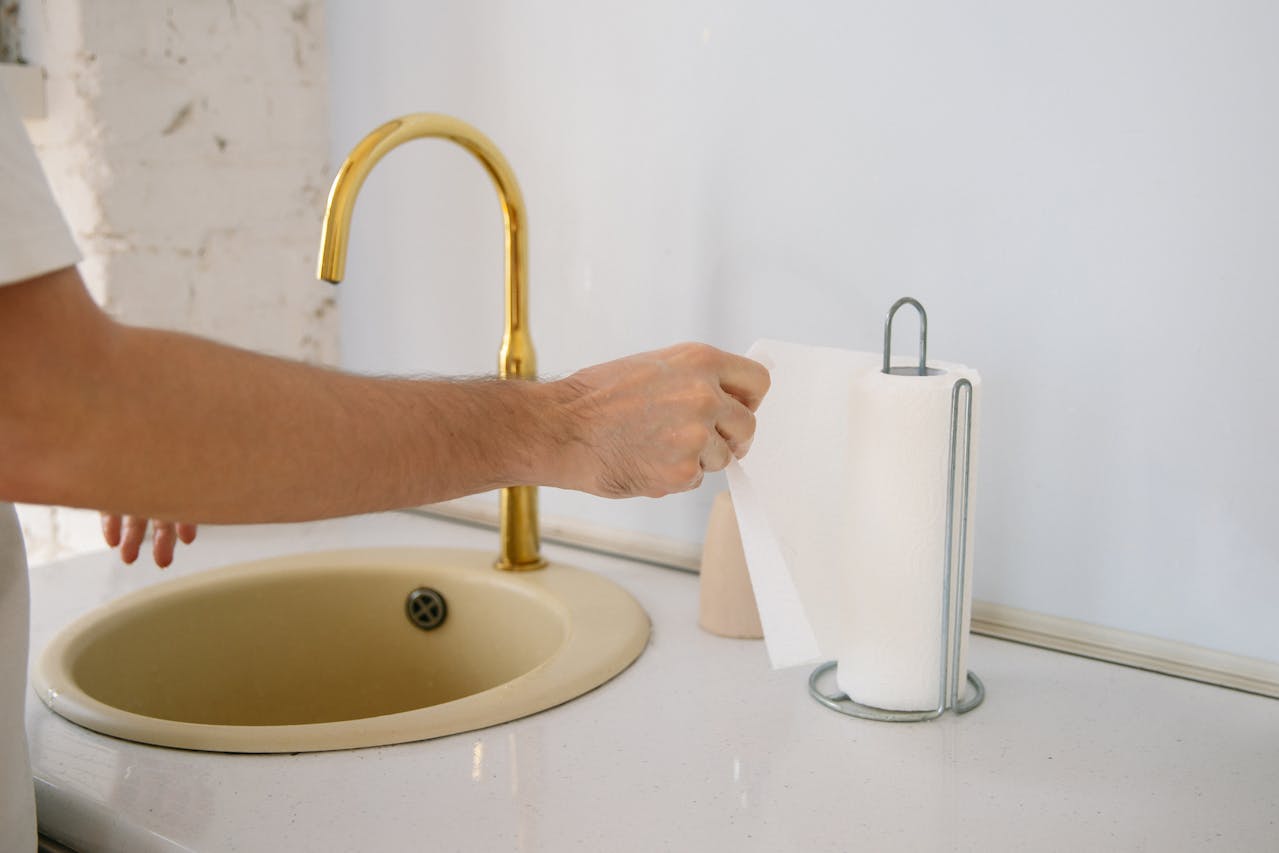 Photo by Polina Zimmerman on Pexels
Photo by Polina Zimmerman on Pexels
2. Wet Wipes
Even though some are branded as “flushable,” wet wipes don’t belong in the toilet. Anything from baby wipes to personal wipes won’t disintegrate in toilet water, and flushing them can lead to an expensive blockage.
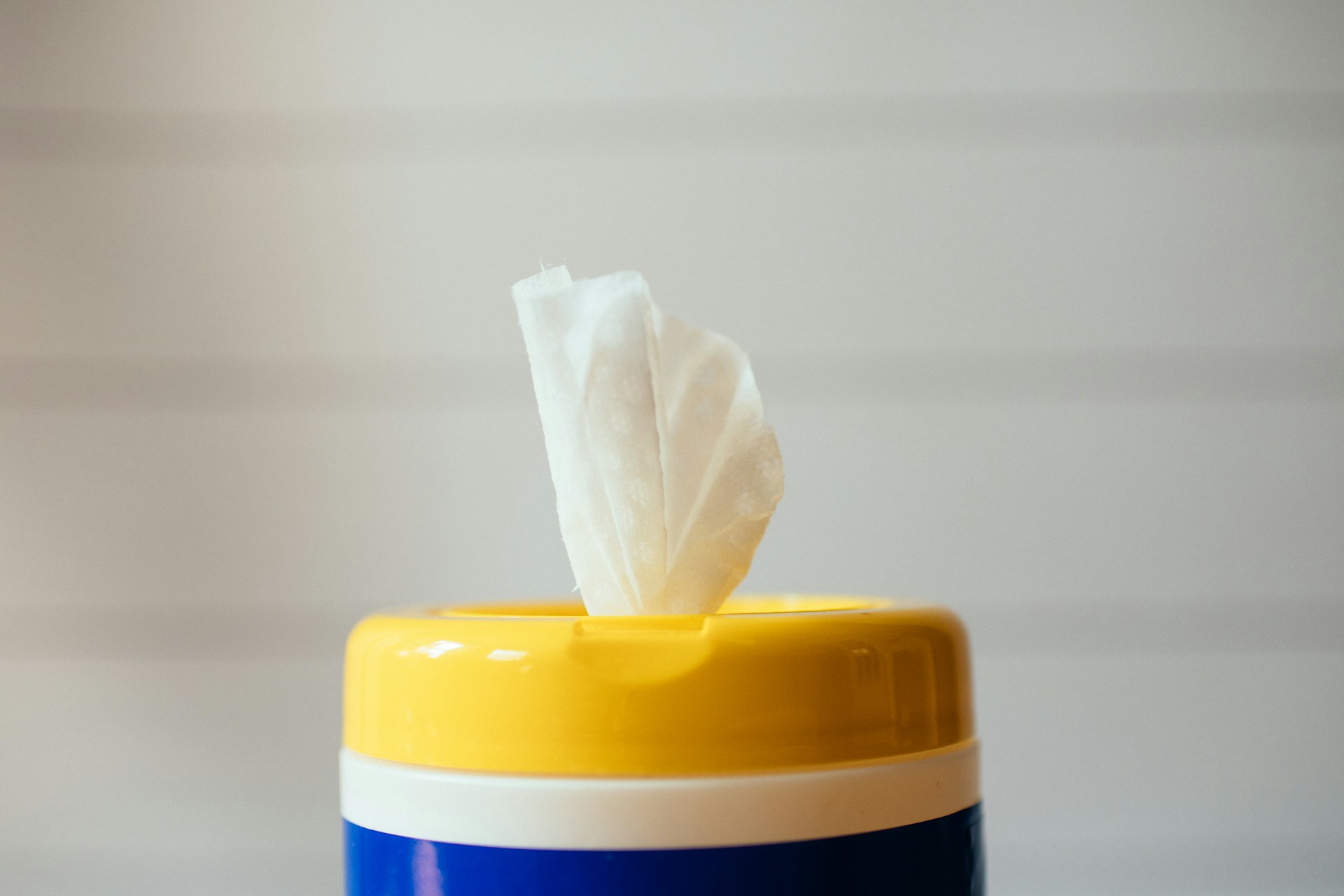 Photo by Kelly Sikkema on Unsplash
Photo by Kelly Sikkema on Unsplash
3. Feminine Hygiene Products
People have carelessly flushed these products for years and it’s time to stop! Tampons and sanitary pads won’t break down in water and, in fact, expand when wet, which only makes potential blockages worse.
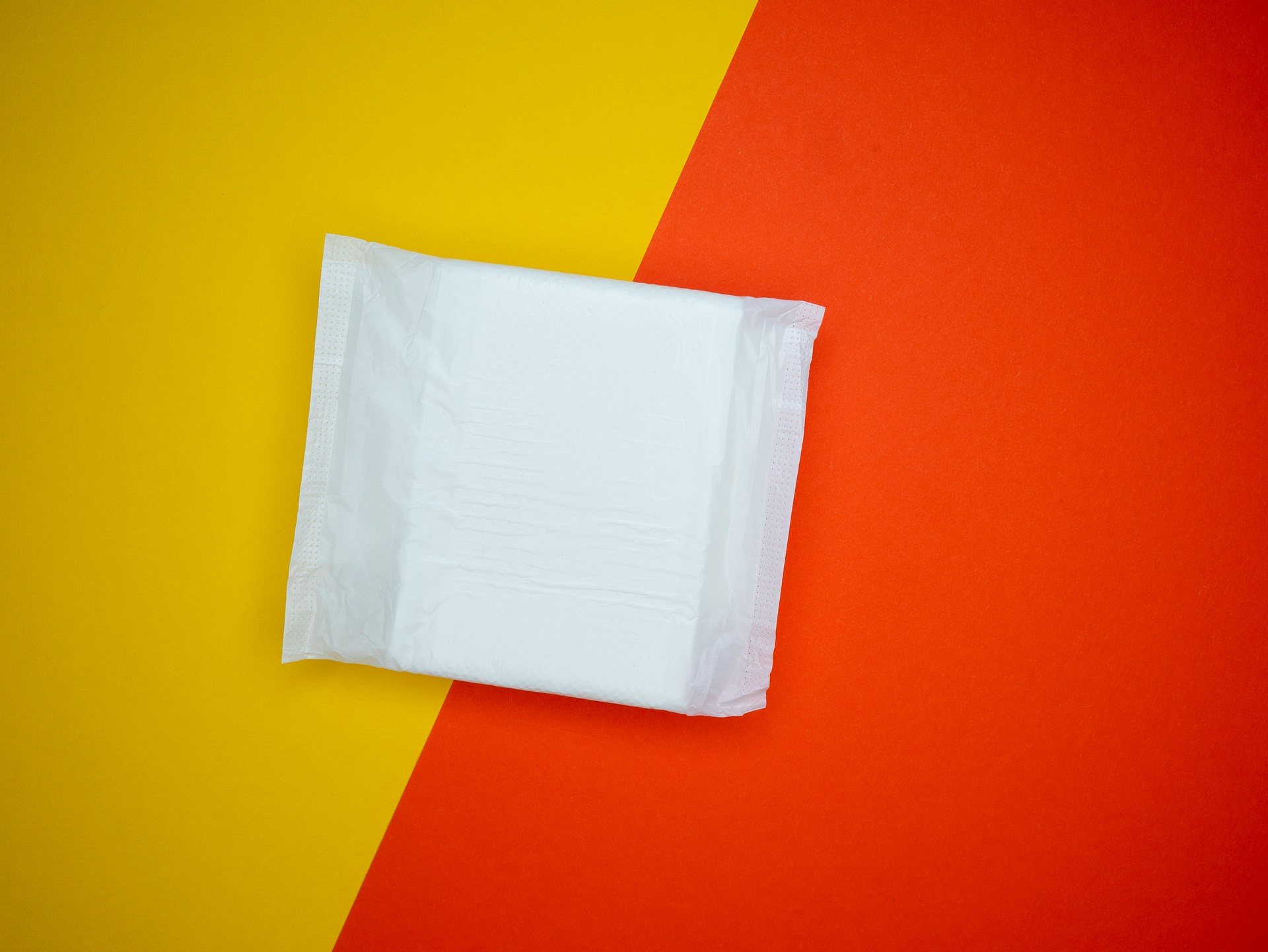 Photo by Reproductive Health Supplies Coalition on Unsplash
Photo by Reproductive Health Supplies Coalition on Unsplash
4. Condoms
Invest in a bathroom trash can because clogged pipes are the least of your worries. Flushing condoms causes all sorts of issues such as bacteria build-ups, environmental harm, and can damage your plumbing. Even if a toilet can handle the load, that doesn’t mean it should.
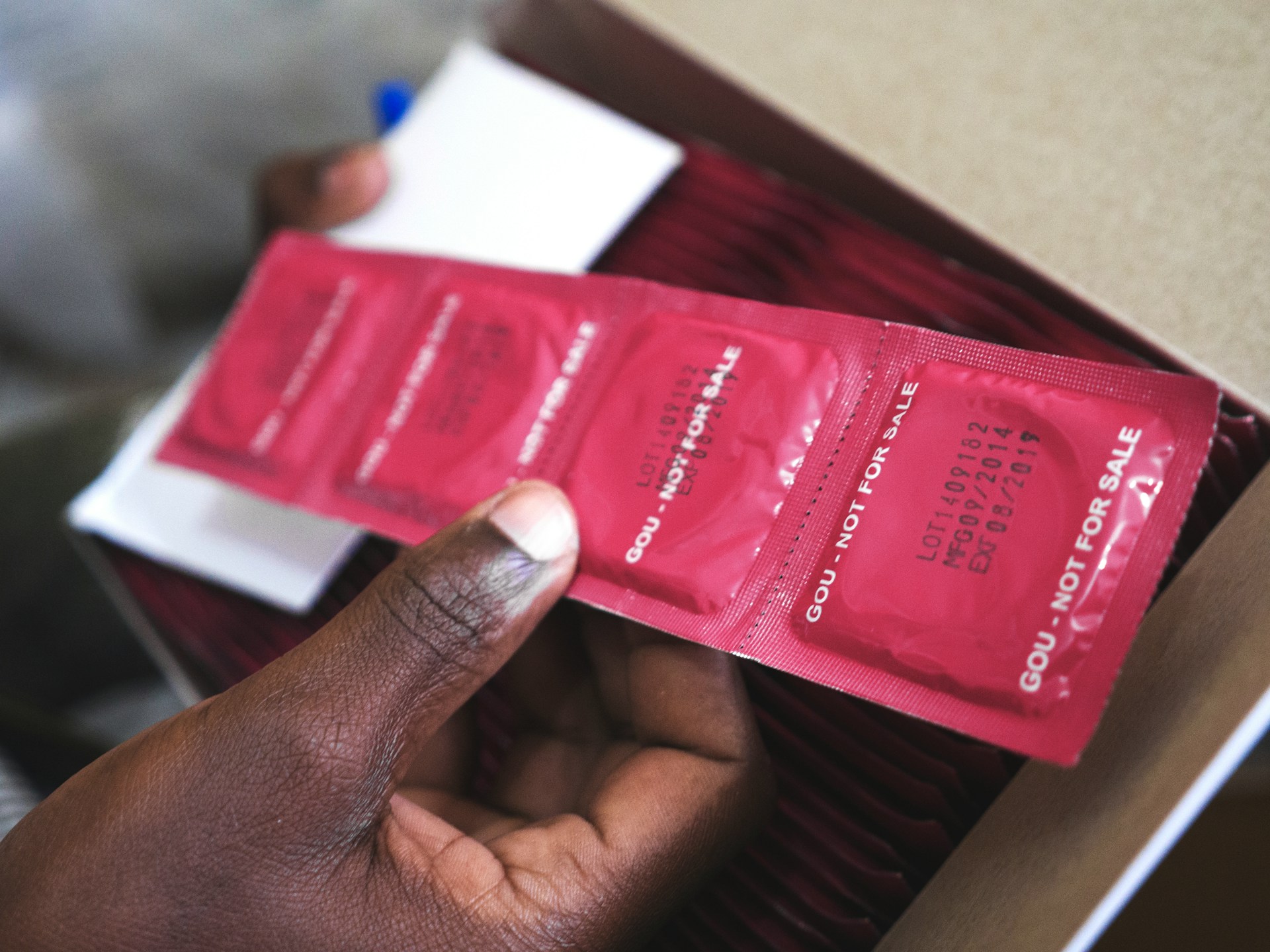 Photo by Reproductive Health Supplies Coalition on Unsplash
Photo by Reproductive Health Supplies Coalition on Unsplash
5. Cotton Balls
The odd cotton ball here or there probably won’t do it, but frequent flushing can block your pipes. Cotton swabs and balls don’t break down, leading to an accumulation that destroys healthy plumbing.
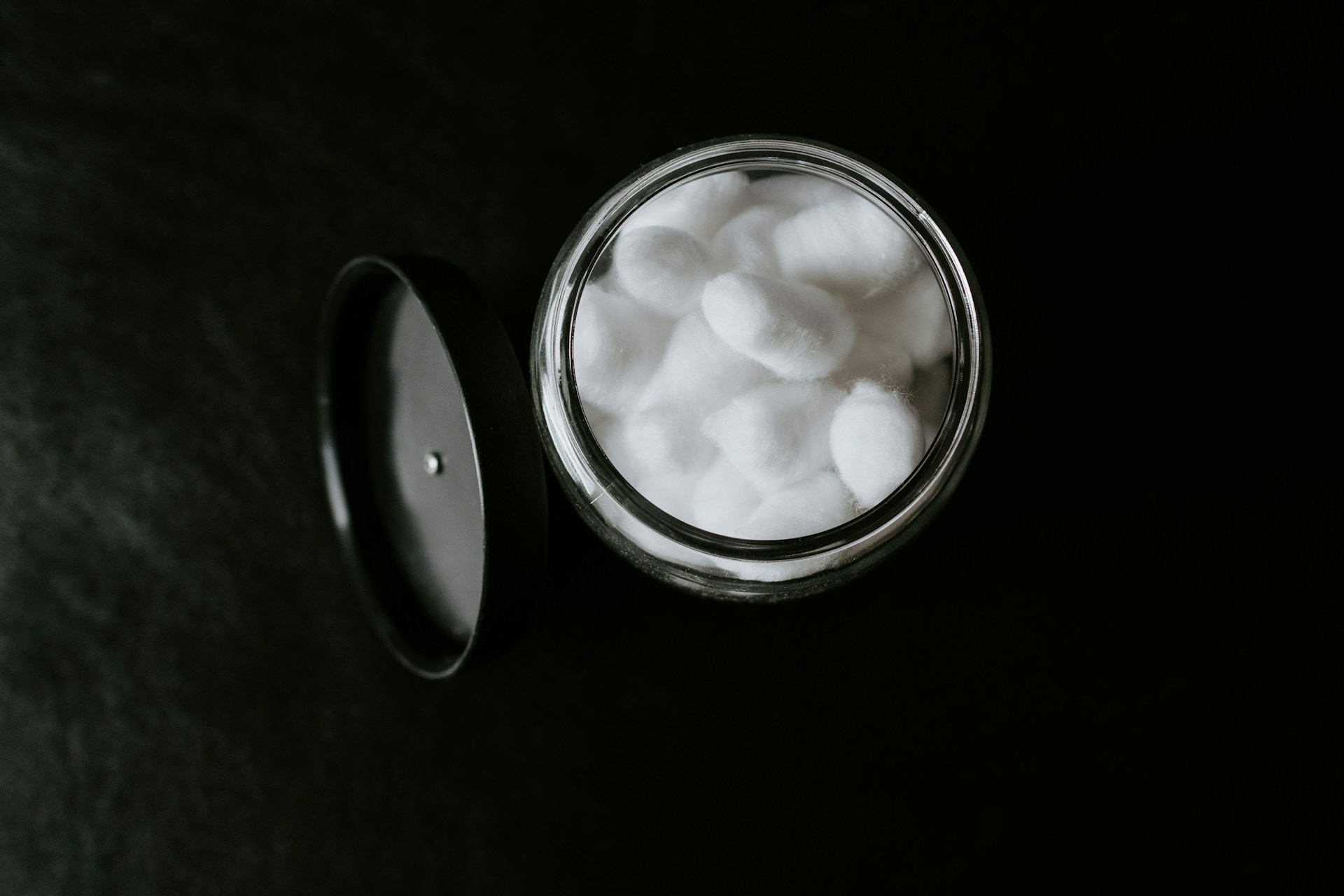 Photo by Kelly Sikkema on Unsplash
Photo by Kelly Sikkema on Unsplash
6. Dental Floss
It’s irksome to dispose of floss on a good day—it wraps around our fingers and a piece of it always dangles out of the trash can. That said, it’s a pain you’ll have to deal with because flushing floss is a terrible idea. When flushed, it forms a kind of netting that not only traps other waste but can also tangle itself in your pipes.
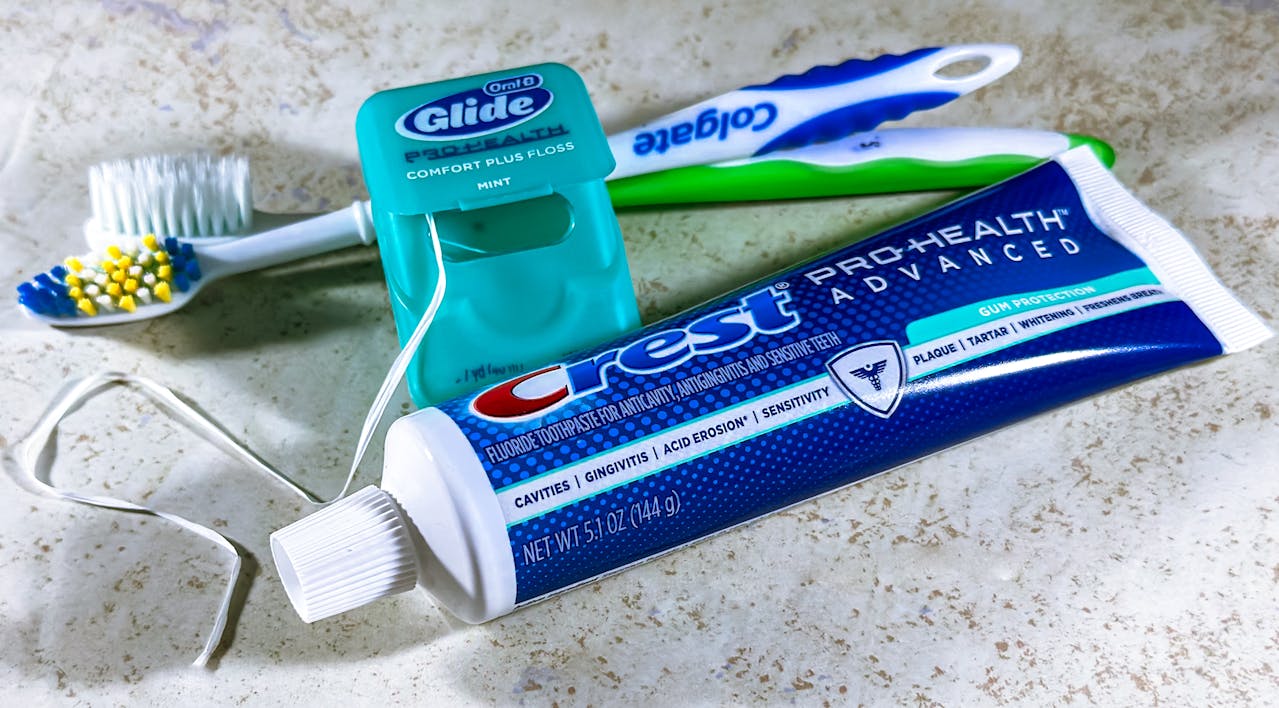 Photo by Terrance Barksdale on Pexels
Photo by Terrance Barksdale on Pexels
7. Cooking Grease
It might not seem like a big deal, but flushing grease can cause serious problems down the road. It solidifies in your pipes, causing significant clogs and a hefty plumber’s bill. The best way to get rid of it is to let it solidify and then toss it in the trash.
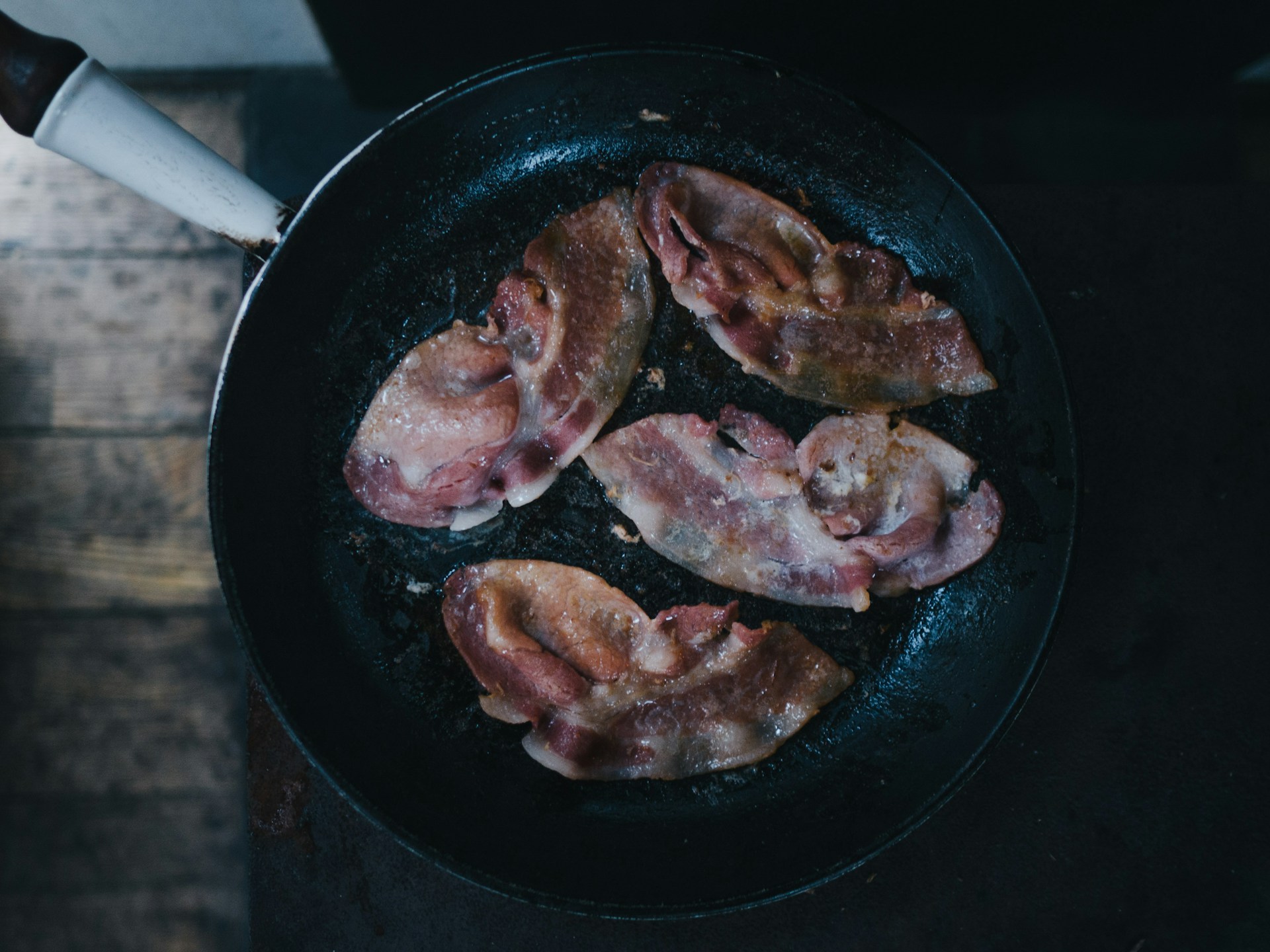 Photo by Andrew Ridley on Unsplash
Photo by Andrew Ridley on Unsplash
8. Facial Tissues
Believe it or not, facial tissues can harm so much more than your own pipes. These don’t break down the same as toilet paper, which means flushing them can interfere with local sewer systems. To keep everyone safe, it’s best to discard facial tissues in the trash.
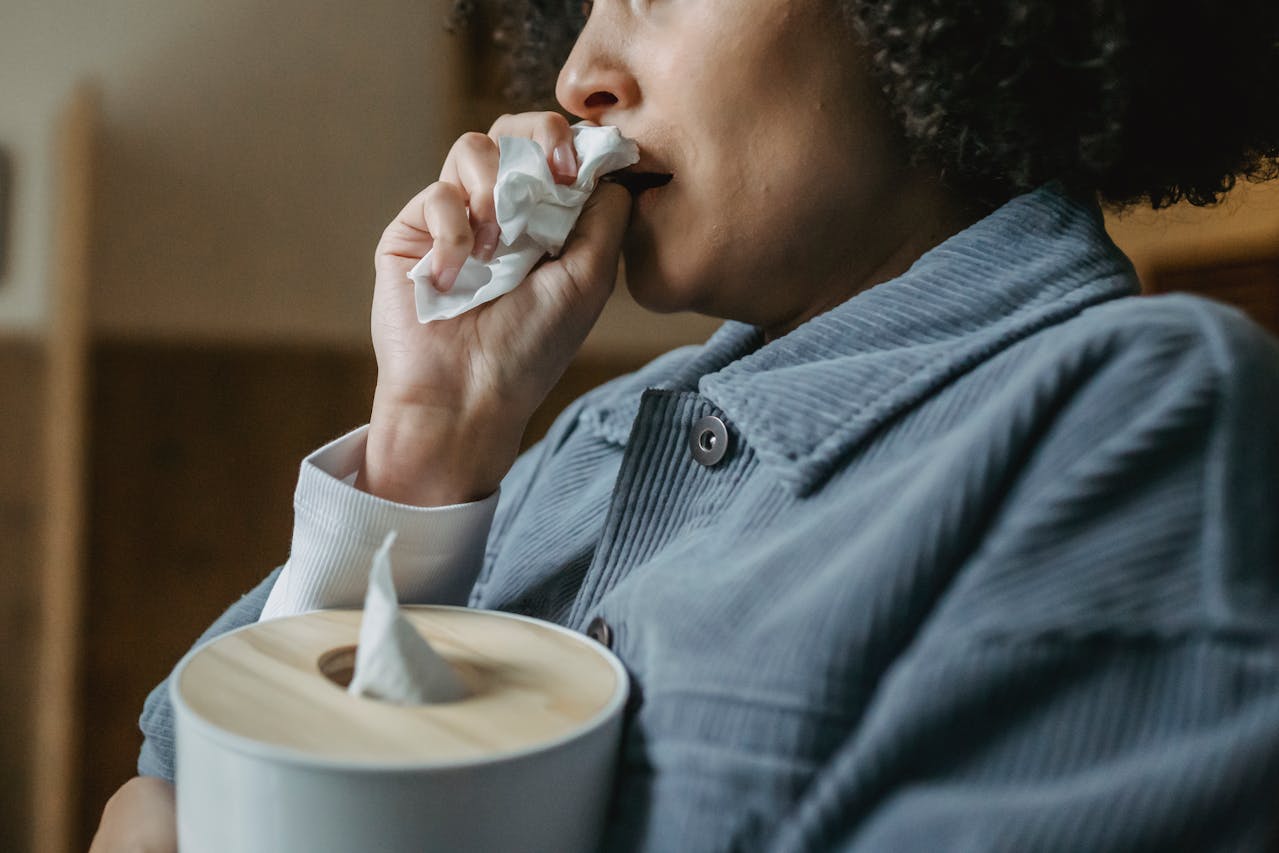 Photo by Liza Summer on Pexels
Photo by Liza Summer on Pexels
9. Diapers
Some diapers are branded as flushable, but that doesn’t mean you should do it. Diapers are built to absorb, so flushing them can soak a bunch of water and clog the system. With so many diaper pails available, just invest in one of those and save yourself a potential plumbing bill.
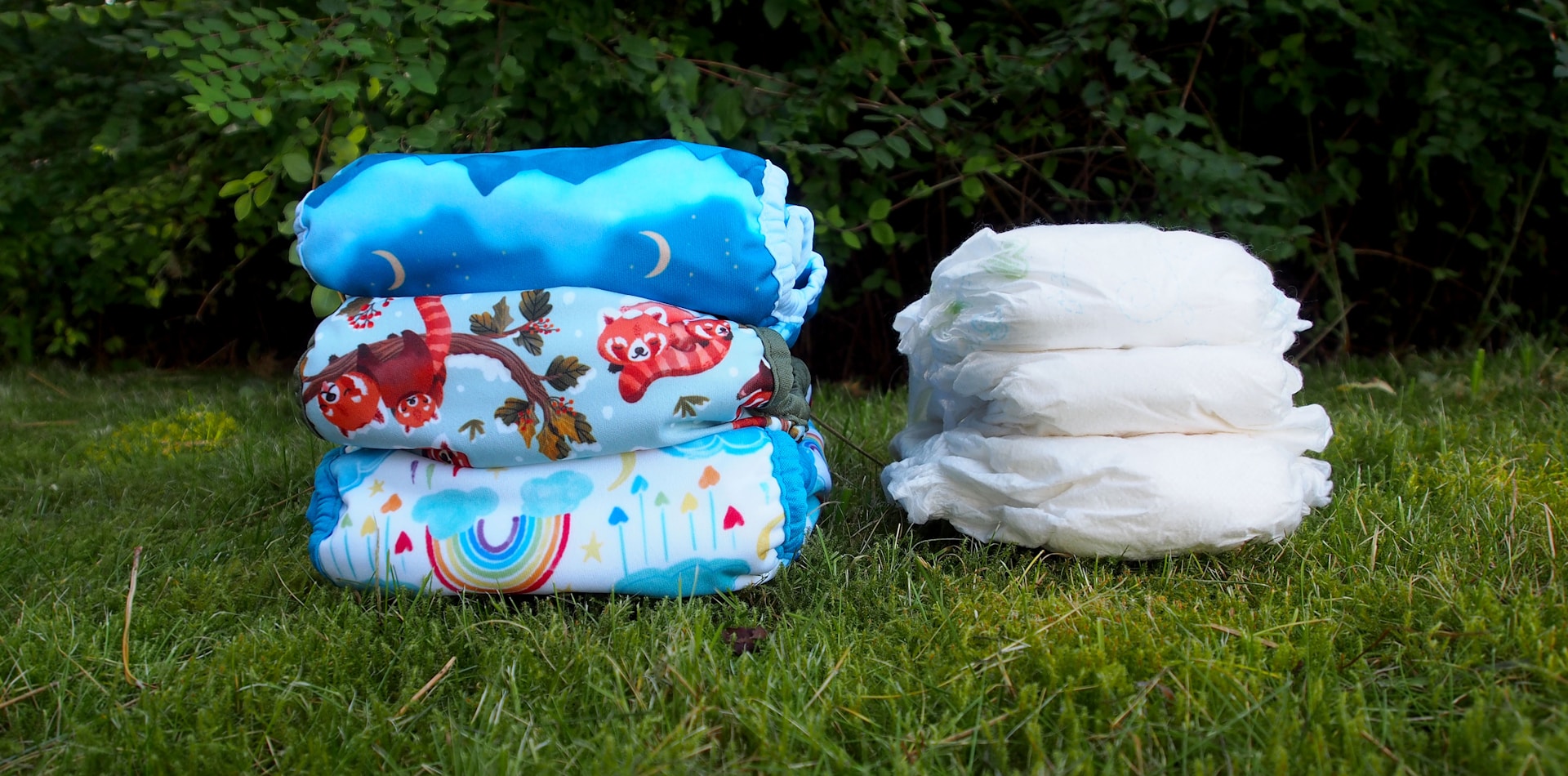 Photo by Šárka Hyková on Unsplash
Photo by Šárka Hyková on Unsplash
10. Chewing Gum
A lot of people dismiss the problems a small wad of gum can actually cause. Since it’s sticky and doesn’t dissolve, flushing it increases the odds of a blockage. Spit it out in the trash when you’re done to avoid any headaches.
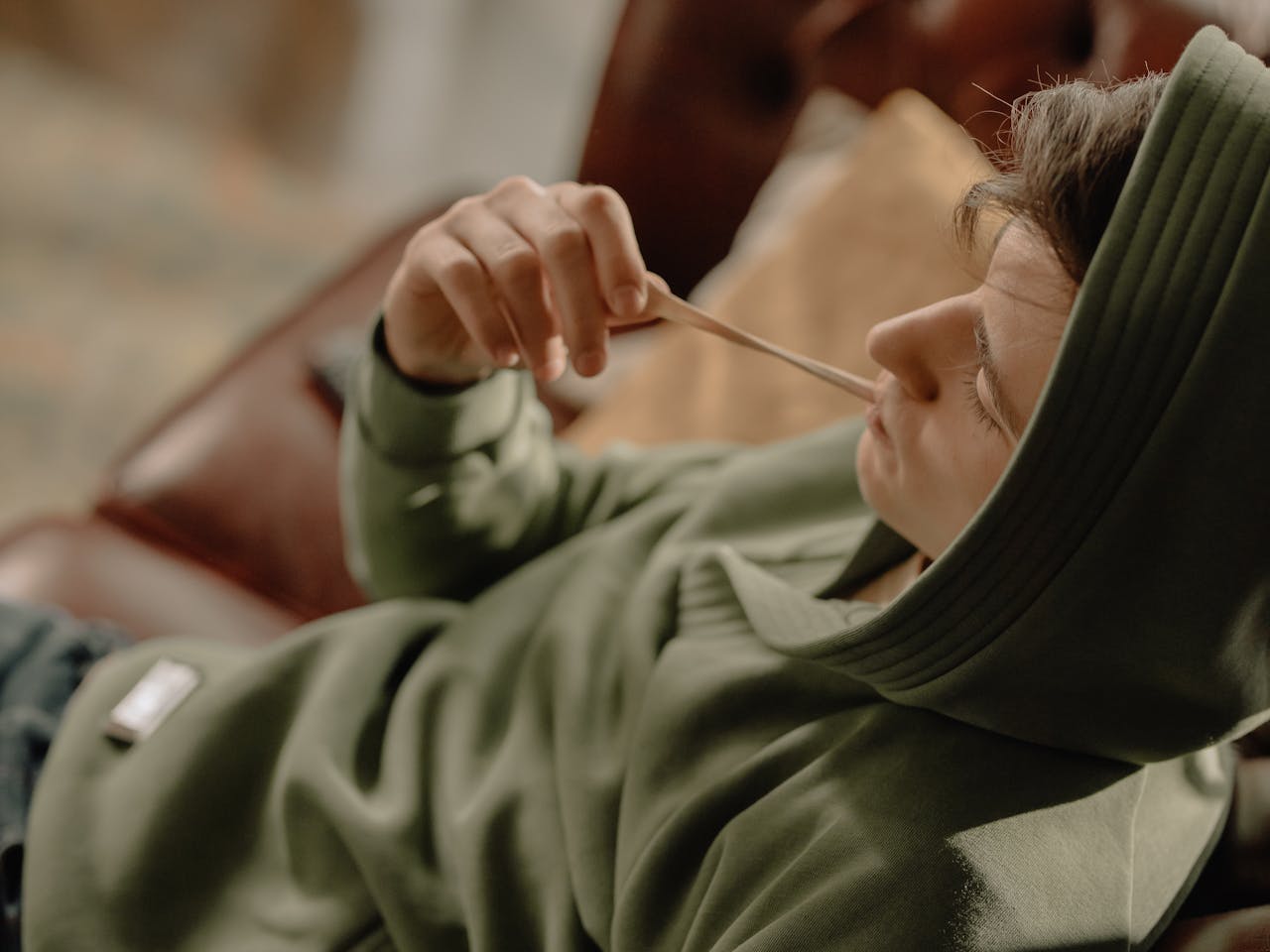 Photo by cottonbro studio on Pexels
Photo by cottonbro studio on Pexels
11. Cigarette Butts
At first glance, flushing cigarette butts seems like a fine idea—they’re small and likely won’t cause any blockages. The thing is, though, that butts are dangerous because they can contaminate water. They can also lead to clogs, so just stick them in the trash.
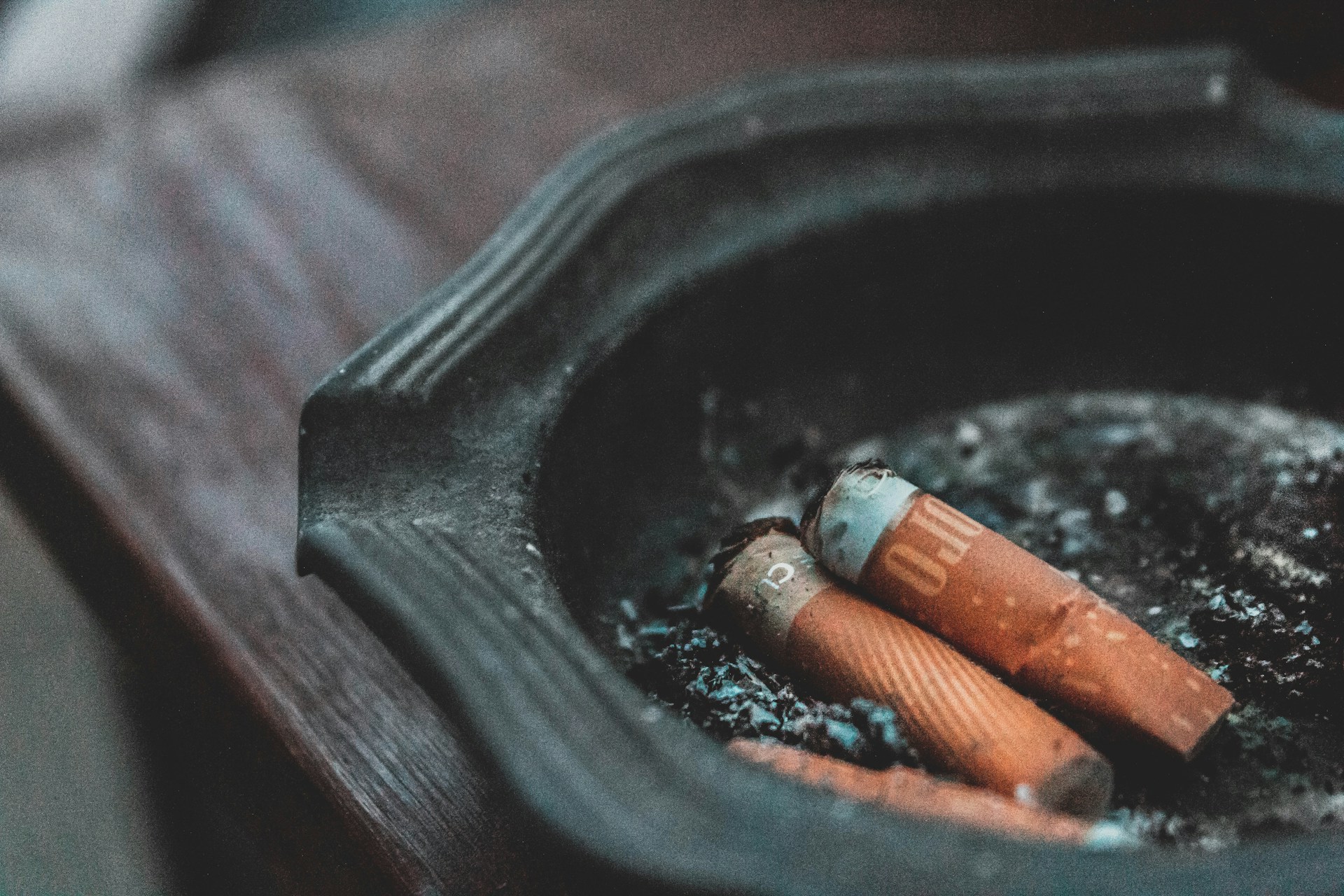 Photo by Sara Kurfeß on Unsplash
Photo by Sara Kurfeß on Unsplash
12. Hair
You don’t want hair in your drains, so why would you want it in your toilet? As with common drains, hair clumps in the toilet and can attach to other flushed debris, causing potential blockages.
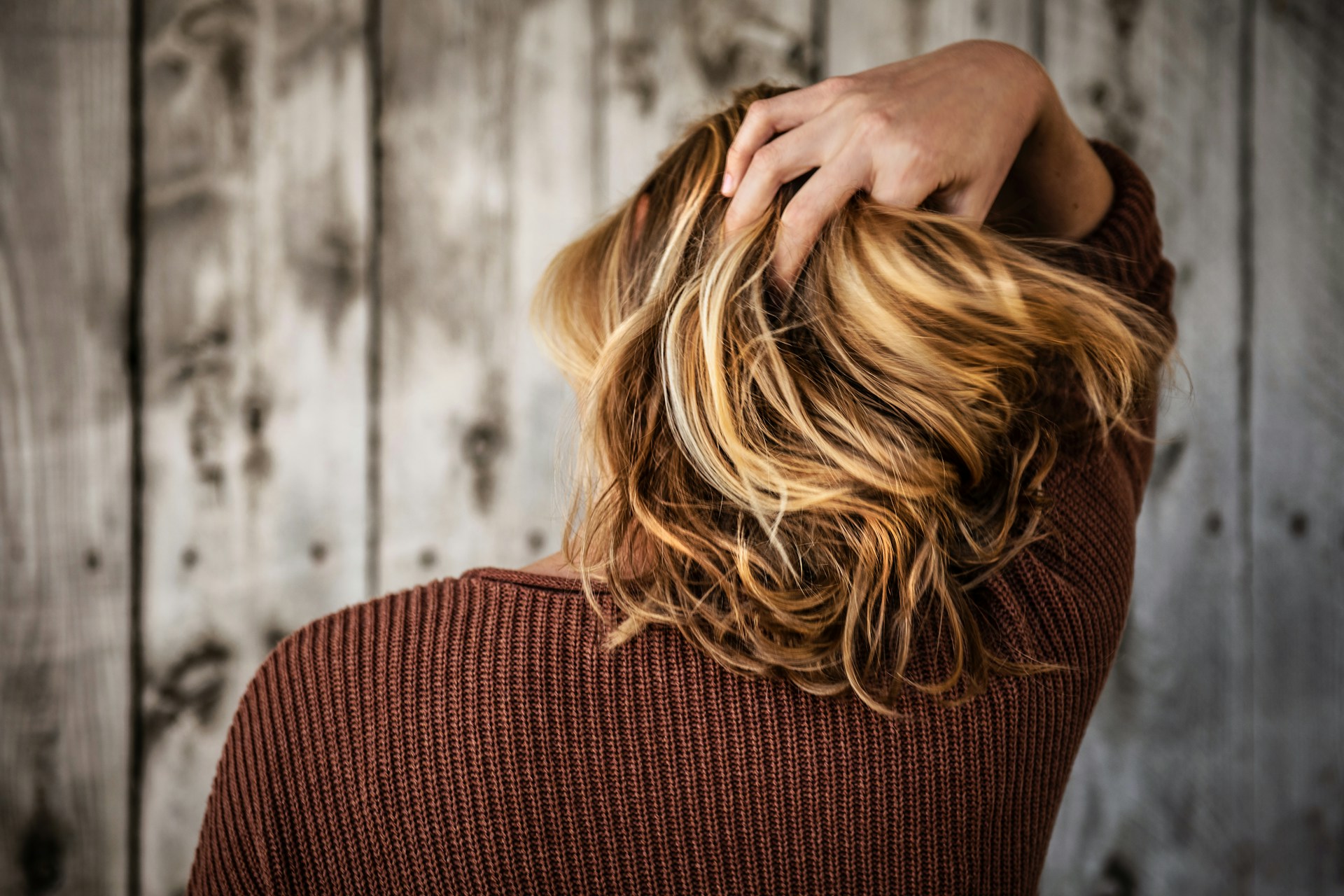 Photo by Tim Mossholder on Unsplash
Photo by Tim Mossholder on Unsplash
13. Food Scraps
A little leftover soup, a spoonful of macaroni salad—surely these things aren’t that big of a deal, right? What most people forget is that even if something doesn’t cause an immediate clog, that doesn’t mean it’s good for your pipes or septic system. Food scraps can cause build-up and even attract critters.
14. Contact Lenses
Flushing contact lenses may not lead to an instant clog, but they’re plastic and therefore terrible for the environment. Sticking them in the bowl only contributes to water pollution, so discard them in the trash where they belong.
15. Medications
Speaking of terrible things for the environment, flushing medications brings all kinds of chemicals into water supplies. In fact, studies have shown that flushed medication affects everything from fish to lakes, so make sure you stick to proper disposal.
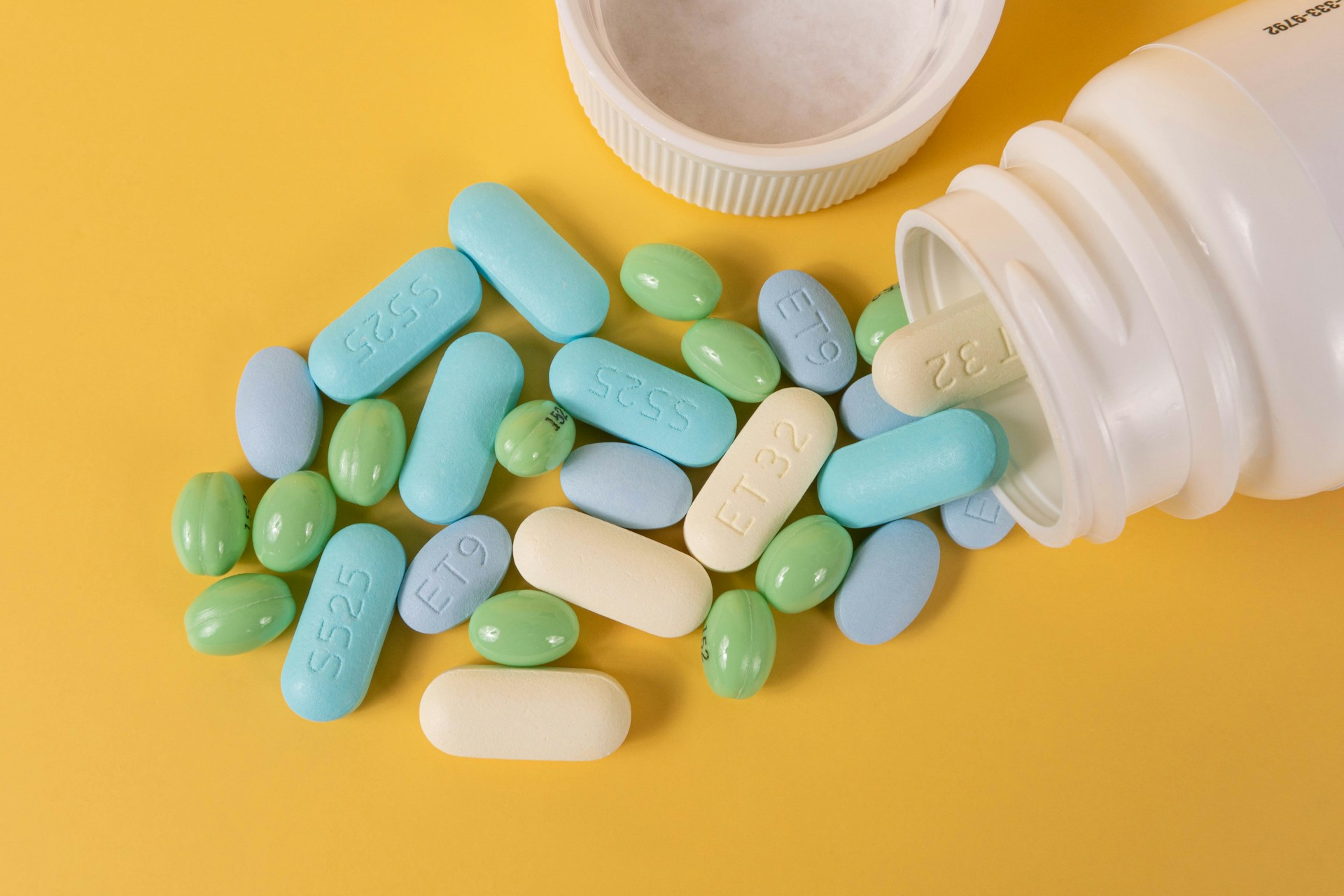 Photo by Etactics Inc on Unsplash
Photo by Etactics Inc on Unsplash
16. Cat Litter
Don’t buy into “flushable” cat litter because it’s ultimately designed to clump and absorb moisture—meaning it’s a huge risk for wrecked pipes. Some can even form blockages akin to flushed cement, so it’s really best to dump your litter in the trash.
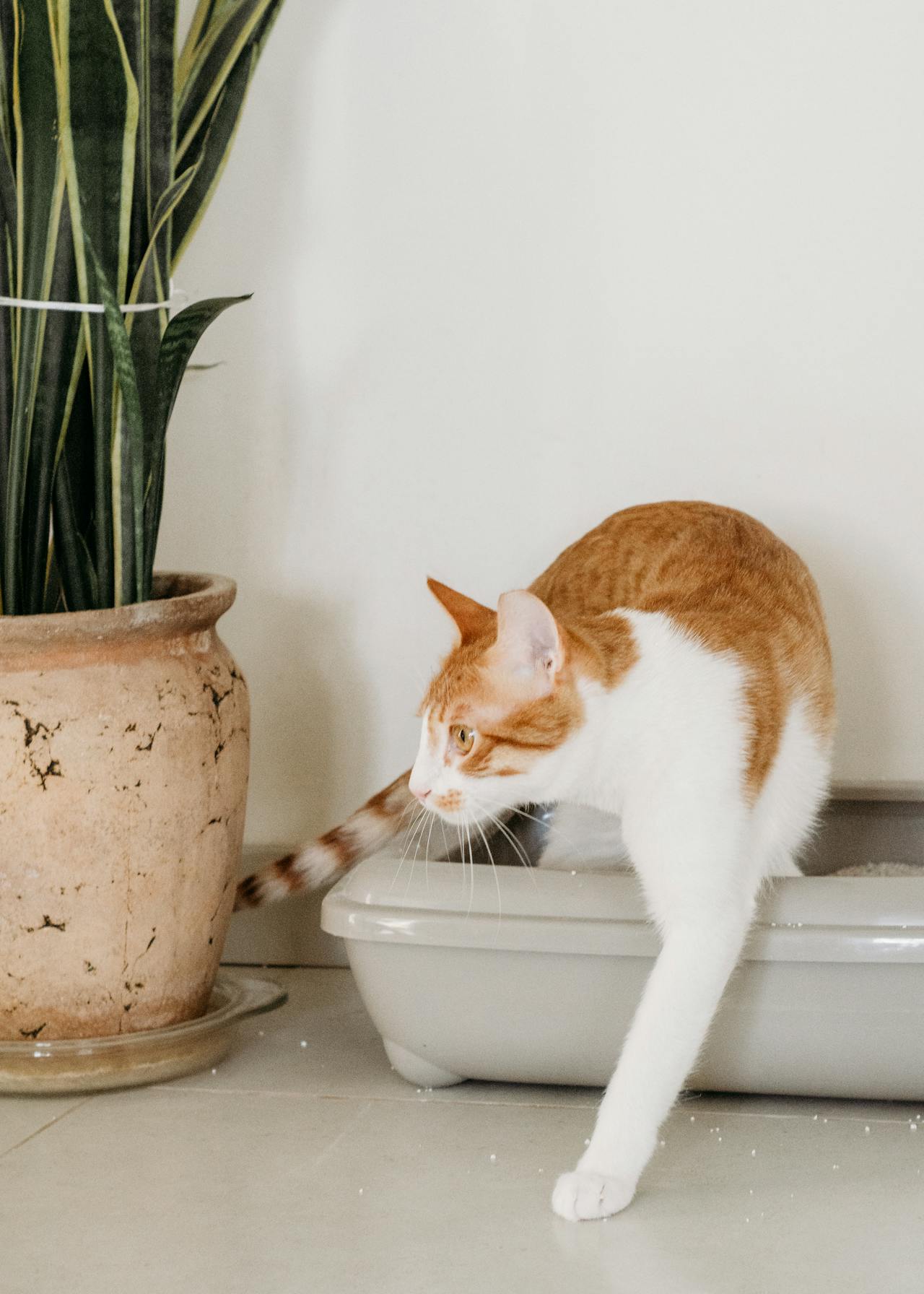 Photo by Nadiye Odabaşı on Pexels
Photo by Nadiye Odabaşı on Pexels
17. Toothpicks
Whether wooden or plastic, toothpicks belong in the garbage. Flushing them probably won’t lead to any significant damage, but the possibility is still there—not to mention, they can also get lost in sewer systems.
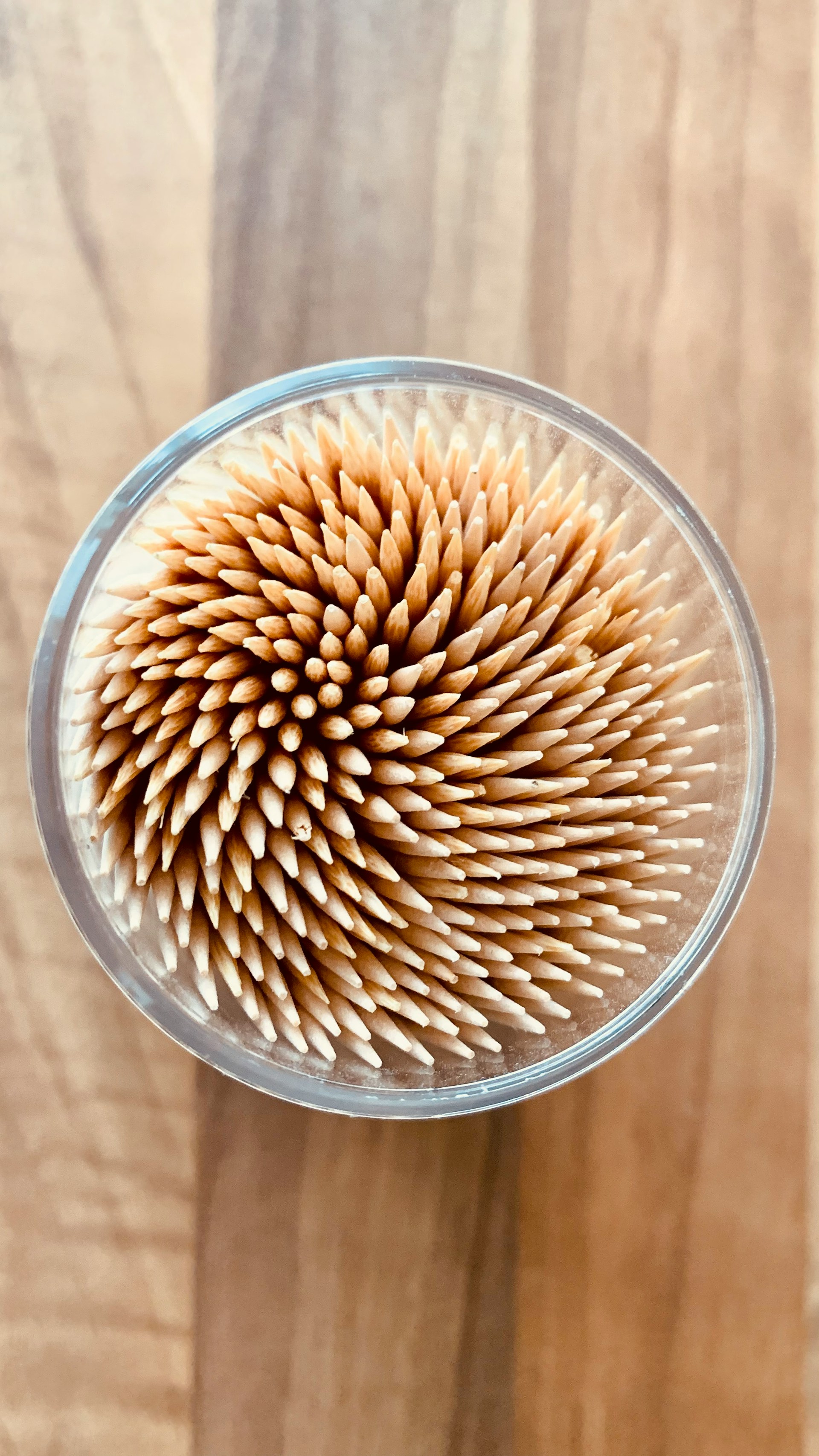 Photo by Andy Watkins on Unsplash
Photo by Andy Watkins on Unsplash
18. Bandages
Bandages often have some sort of plastic element to them, which means flushing them is bad for your pipes and the environment. Stick them in the trash and keep clear of steep plumbing bills.
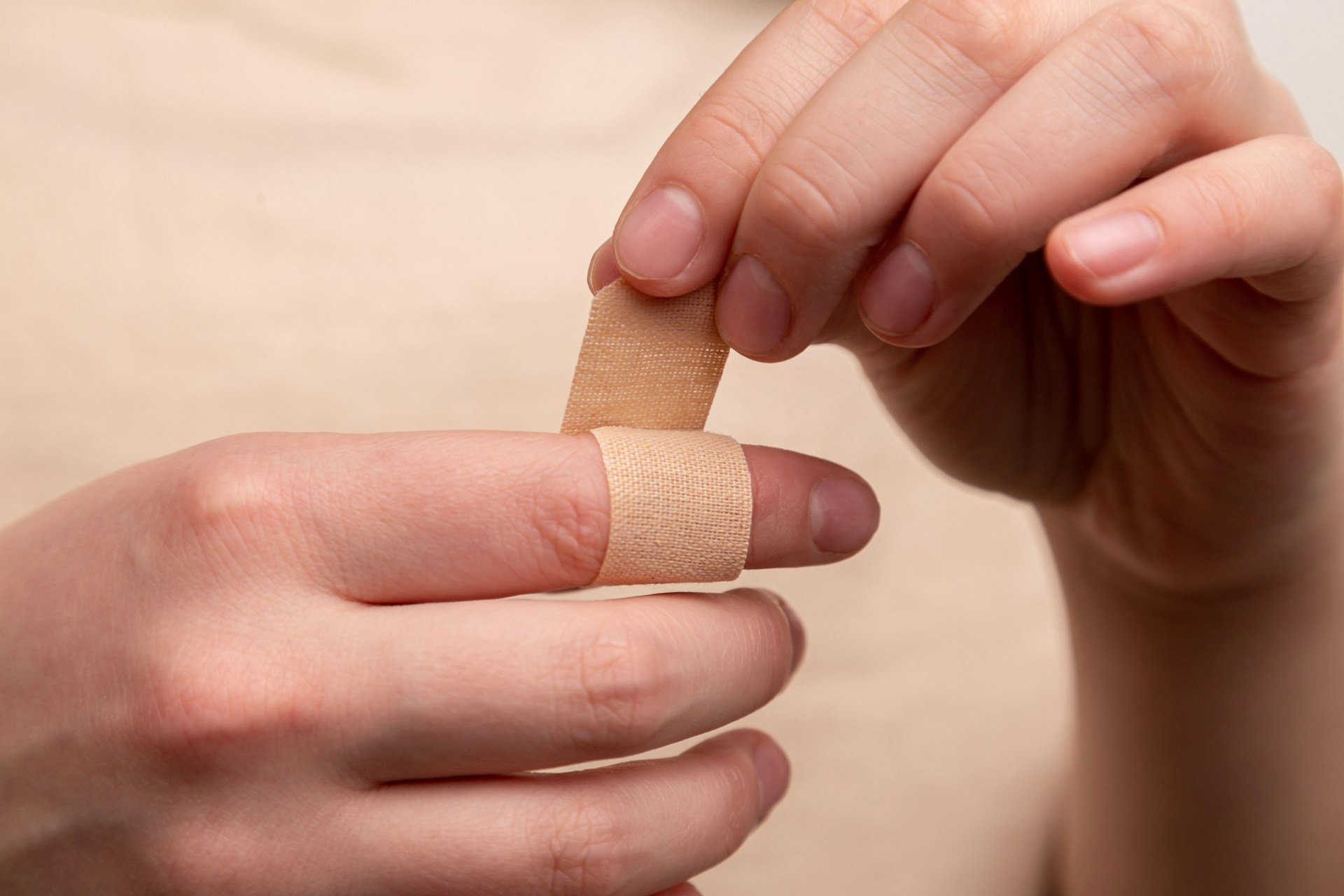 Photo by Diana Polekhina on Unsplash
Photo by Diana Polekhina on Unsplash
19. Nail Polish Remover
Nail polish or nail polish remover may seem fine because they’re just liquids, but they’re also packed with harmful chemicals. Flushing them usually means you run the risk of polluting water or nearby aquatic life.
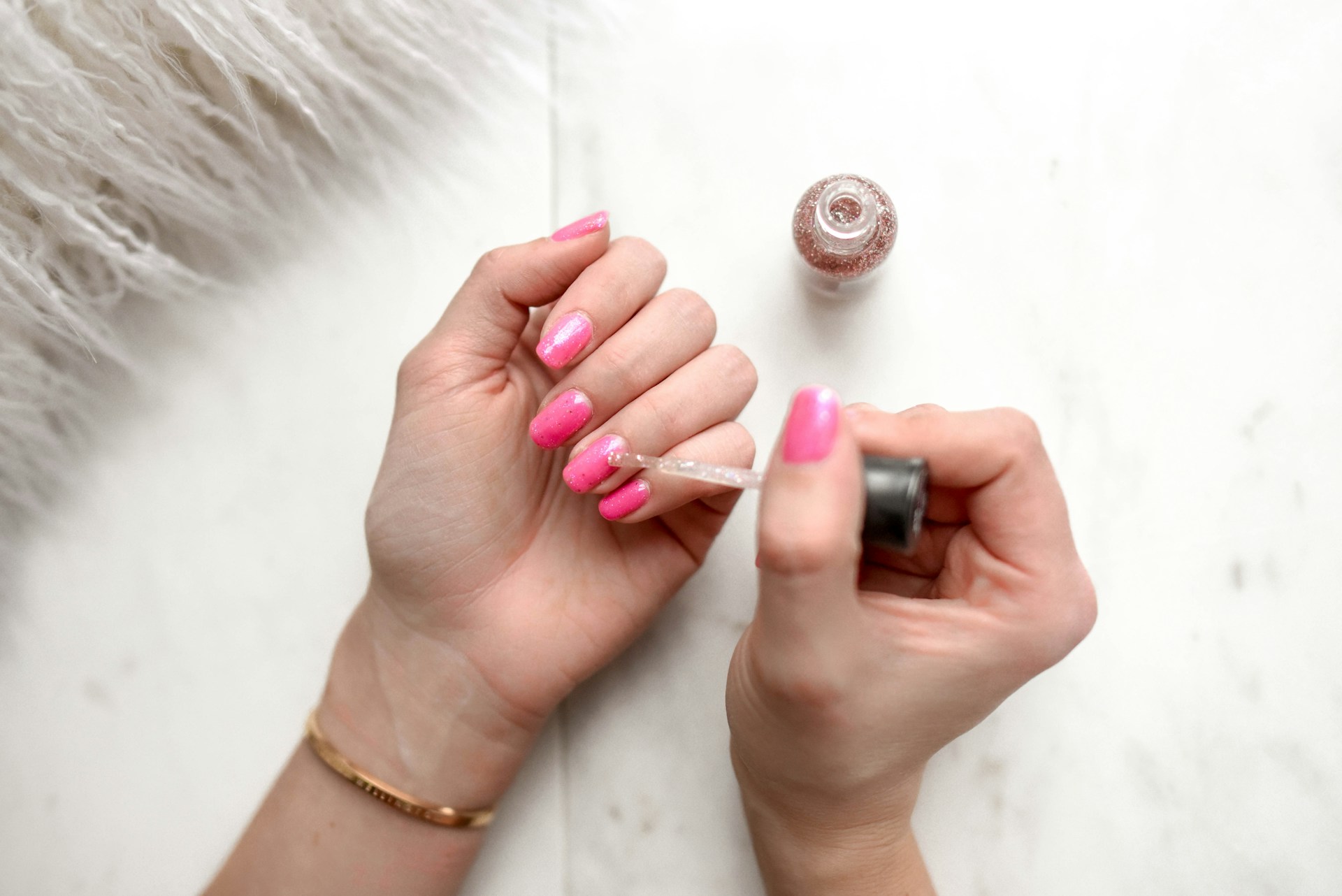 Photo by Element5 Digital on Unsplash
Photo by Element5 Digital on Unsplash
20. Paint
Flushing paint not only contaminates water supplies but also has the potential to release harmful fumes into the air, which is the last thing your family needs. Keep everyone safe and avoid placing paint or paint thinners in the bowl.


